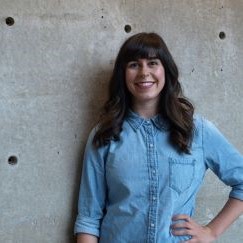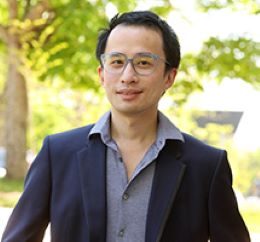Contract and LimitedÔÇæTerm Faculty Award for Excellence in Teaching Recipients
Congratulations to the 2024 recipient!
╠²
 Laurel Schut
Laurel Schut
College of Sustainability
╠²
Laurel Schut (she/her) is an Instructor at ║┌┴¤│È╣¤═°ÔÇÖs College of Sustainability. She has (co)designed and currently teaches Food Systems & Sustainability (SUST 3101), Environmental Decision Making (SUST 3000), Introductory Conflict Management for Sustainability (SUST/MGMT 2105), and two summer field courses: Local Approaches to Sustainability (SUST 3301) and Measuring Food Sustainability (SUST/AGRI 3302). Laurel has a deep interest in effective, creative, and care-based teaching and is engaged in the Scholarship of Teaching and Learning (SoTL) with current projects including curriculum mapping of the Environment, Sustainability and Society (ESS) program; first-year literacy assessments; improving studentsÔÇÖ conflict communication competencies and comfort levels; developing strategies to counter eco-anxiety and build resilience in students; and the trust relationship between teachers and students in higher education. As an advocate for ÔÇ£rest as resistanceÔÇØ (Hersey, 2022), Laurel is also a Faculty Associate with the Centre for Learning and Teaching where she explores the connections (and tensions) between faculty well-being, community care, and teaching effectiveness.

